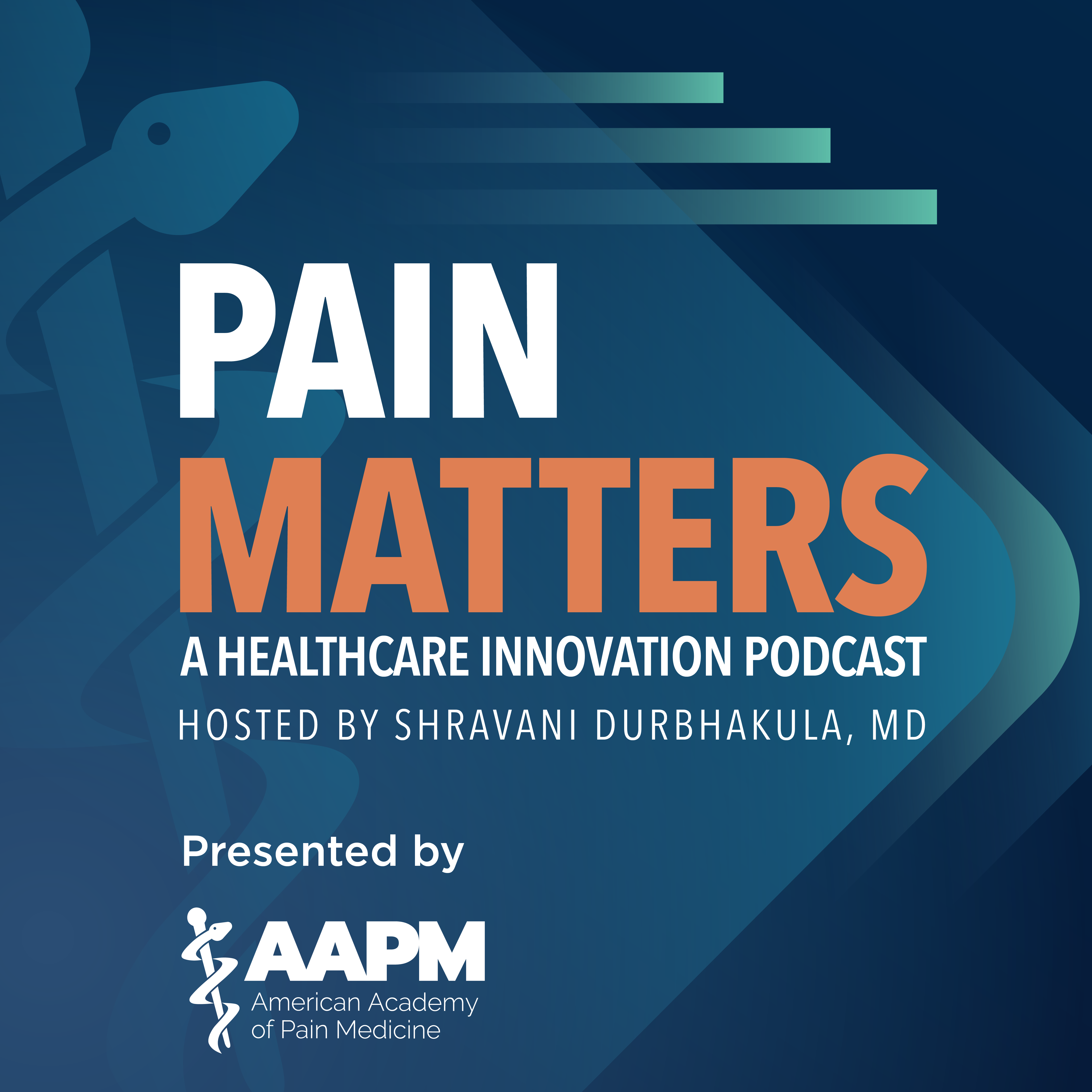Beginning in 2020, we saw an exponential growth of opioid overdose deaths throughout the nation alongside an increase in the isolation of at-risk individuals, economic instability, impeded access to care, a shortage of PPE, and self-medication for high stress levels. Though some of the risk factors have declined as the global pandemic response has progressed, it’s no surprise that pain medicine innovators continue to face a steep challenge.
In this episode, host Shravani Durbhakula, MD, is joined by Josh Sharfstein, MD, Vice Dean for Public Health Practice and Community Engagement at the Johns Hopkins Bloomberg School of Public Health and former Deputy Commissioner of the Food and Drug Administration to discuss current approaches to pain medication addiction and the room for innovation in the fight against overdose deaths.
Tune in to hear:
- Updated information about the state of the opioid crisis and overdose deaths in the years since COVID-19 started and the primary drivers of its rapid acceleration
- Insights into trends in the prescribing of opioid medications, and the paradox of less prescription opioids but more overall overdose deaths.
- How research into new pain medication is progressing.
- Areas where providers, lawmakers, pharmacists, and more can innovate in pain medicine.
- How to improve access to buprenorphine, methadone and other safe and proven treatments to combat addiction
About the American Academy of Pain Medicine
Founded in 1983 as the American Academy of Algology, the American Academy of Pain Medicine (AAPM) has evolved as the primary organization for physicians practicing the specialty of pain medicine in the United States. AAPM is dedicated to advancing multidisciplinary pain care, innovation, education, advocacy, and research to improve the understanding and practice of pain medicine.

